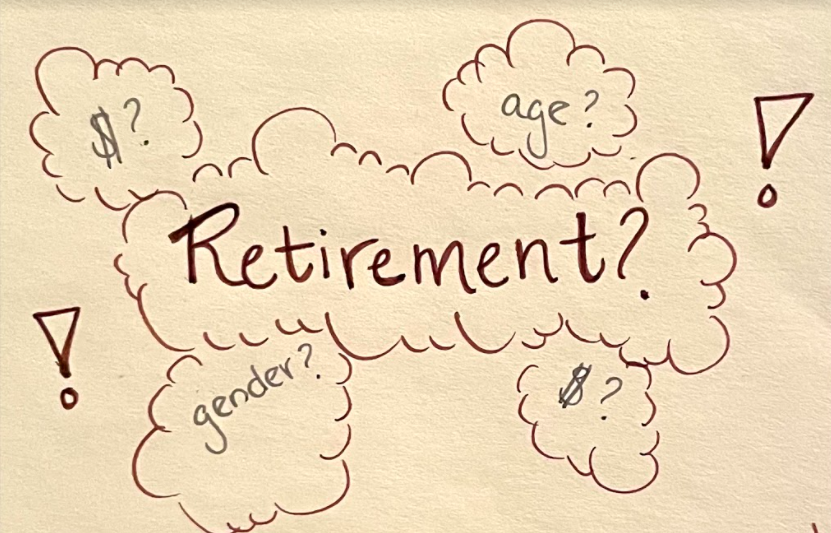Professional sports require extreme mental and physical exertion. Over time, the pressure can become draining for professional athletes, and it is inevitable for athletes to retire. Is there an ideal retirement age for each particular sport? Although it has been cited that most athletes retire in their thirties, the answer is that there is no “set” time to retire for any specific sport or athlete. In fact, just like in other professions, retirement choice varies across individuals since certain athletes may be playing for longer periods depending on their sport, health, family, and other factors. Most pros dedicate their life to their sport because of their mere love for it. You may be asking: if most athletes love the game so much, why do only a handful play over 20 seasons? Given the chance, most would opt to play for a long time. However, only eight players in the history of the NBA, for example, have played 20+ seasons in their respective careers.
Sometimes, the player is not in control of their retirement. At the end of the day, athletes are humans and may, unfortunately, make mistakes that challenge their eligibility. For example, in 2016, OJ Mayo, a Milwaukee Bucks player, was banned for violating the NBA’s substance abuse policy. Although cases like this are rare, many athletes also get cut from teams due to the coach’s perception of how much they contribute to a team. Professional athletes may be fired due to lack of skill and in this sense, they are essentially being forced to “retire.” Especially with a sport like basketball where only five players can be on the court, coaches need to prioritize their best players on the court and cut others from the team. With new, young, and fresh athletes coming in, the older ones often get left behind.
Retirement can also be voluntary. In more physically demanding sports like football and boxing, athletes tend to retire on the earlier side of the spectrum. Both of these sports require peak physical condition and yet are associated with many injuries. Head injuries like Chronic Traumatic Encephalopathy (CTE) is a degenerative brain disease found in athletes with numerous brain traumas. This is common in sports like football and boxing where contact involves repeated blows to the head. Particularly in boxing, repeated cerebral concussions are so prominent that it is called “punch drunk syndrome.”
These types of traumas may lead to an athlete retiring early to avoid the severe physical injuries associated with the sport. Sports with less physical movement and contact, such as golf, are significantly different with regards to the typical retirement age. Golfers only need to walk and swing and that explains why a number of professional golfers play well into their 40’s. In fact, the oldest golf player (Jerry Barber) played up until he was 77 years old.
Surprisingly, athletes participating in individual sports such as swimming and tennis tend to retire earlier as well. These sports usually require more mental endurance and are more mentally challenging. Individuals don’t have the support of teammates and therefore, lack the same level of physical and mental support that team-oriented sports offer. The stress before a meet or tournament may be overwhelming and when they don’t perform as well as desired, the athlete tends to blame themselves (rather than attribute it to a combination of team dynamics). This can turn into a cycle of negativity. It could be that these negative emotions cause the athlete to enjoy the sport less and this may lead to earlier retirement.
The point to take away is that there are many factors that contribute to a professional athlete’s retirement. Every individual is different and factors such as skill level, the particular sport, and individual circumstances will dictate the ideal time that a person should choose to retire.
Brandon Shintani
Sports and Wellness Columnist
Graphic: Sayumi Baduge

